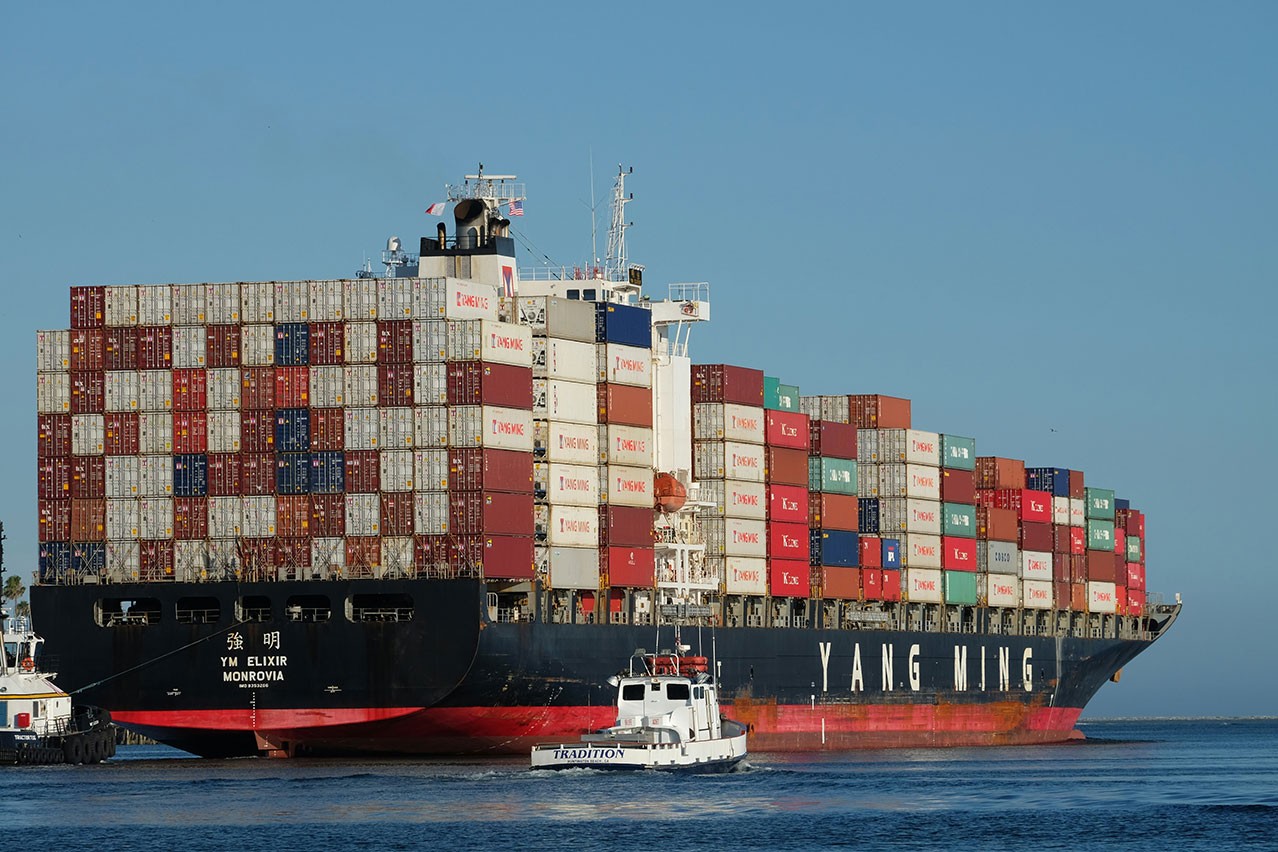The evolution of trust in business has transformed significantly over the centuries, shaped by technological advancements, globalization, and shifts in regulatory frameworks. For a very long period of time local small businesses relied on looking their employees in the eye, and getting to know their customers while living in the same village. Now, in the modern world, many SMBs have employees who they have never even seen eye to eye, and customers in far away countries they have no intention of visiting in person.
As businesses transitioned from local, analog systems to global, digital ecosystems, the nature of trust—and the risks associated with it—evolved accordingly. What was once grounded in personal, face-to-face interactions has become increasingly reliant on complex, digital infrastructure, introducing both opportunities and new challenges for organizations.
The Local, Analog Roots of Business Trust
Historically, trust in business was built through in-person relationships. At local markets, trust was largely established via local reputation and community standing. Business transactions were conducted face-to-face, and risk was mitigated through familiarity, shared social circles, and long-term relationships. The consequences of a breach of trust were often immediate and very personal, with social repercussions playing a major role in maintaining ethical conduct.
In this analog era, business risks were contained to the local level, and disputes were often settled through informal means or local governance structures. Trust was built slowly, over time, and business success depended heavily on an individual’s or company’s standing within their community.
Industrialization and the Expansion of Trust Risk
The Industrial Revolution marked the first major shift in how trust was managed. As businesses grew larger and began engaging in commerce across regions and nations, the need for formal trust mechanisms grew. Contracts became the cornerstone of trust, and legal systems began to take on a more prominent role in regulating business relationships. The rise of banks, insurance firms, and early multinational corporations meant that trust was no longer based solely on personal interactions but on institutional guarantees.
At this stage, trust risk also expanded. Businesses faced risks not only from their local partners but also from unknown parties in different regions. The role of government expanded as well, as states created regulatory frameworks to ensure fair trade and enforce contracts across broader geographic areas.
Globalization and the Real Rise of Institutional Trust
As businesses began to operate on an international scale, trust mechanisms had to adapt. Global trade agreements, international legal frameworks, and multinational regulatory bodies emerged to facilitate commerce between countries. Trust was increasingly placed in institutions—such as the World Trade Organization, the International Monetary Fund, and global banks—that could enforce rules across borders.
However, this global expansion also introduced new risks. Businesses now had to navigate varying regulations, political climates, and legal systems. The risk of fraud, corruption, and supply chain disruptions also increased as companies expanded into newer less familiar markets. Managing trust across these global networks required greater oversight, stronger compliance mechanisms, and the ability to mitigate risks at a far larger scale. That became expensive for large corporations to manage and nearly impossible for SMBs to overcome.
The Digital Age and the Shift to Data-Driven Trust
The rise of digital technologies has fundamentally altered the way businesses establish and manage trust. In today’s digital-first economy, trust is no longer built predominantly on personal relationships or institutional guarantees. Instead, it is often algorithmically determined and data-driven. Platforms like LiquidTrust.io provide important protections with efficient online transaction systems, pre-drafted digital contracts, data encryption, identity verification, and algorithmic memory to weed out bad actors while maintaining the highest level of trust between parties who may never meet in person at a cost that is easily affordable by every SMB owner.
Surprisingly, governments have adapted to this new digital landscape even faster than the commercial sector in many regards by implementing regulations like the European Union’s General Data Protection Regulation (GDPR) and the California Consumer Privacy Act (CCPA) to safeguard consumer trust and privacy. The regulatory environment continues to evolve as businesses increasingly rely on data, and governments seek to balance innovation with consumer protection – making it even more efficient to partner with a company like LiquidTrust.io so that we can provide an additional level of regulatory expertise in matters relevant to important SMB interests like: Escrow, KYC compliance, international monetary transfers and more.
Navigating the Evolving Trust Landscape
From local, face-to-face commerce to global, data-driven transactions, the evolution of trust risk in business reflects broader shifts in technology, governance, and globalization. As SMBs continue to expand and embrace new digital tools, the nature of trust will continue to evolve. To succeed in this dynamic landscape, Banks must adapt their trust frameworks, leveraging new technologies while staying attuned to the regulatory and geopolitical risks that shape today’s global economy.
In the end, trust remains the foundation of all business, but the way it is managed has grown more complex. LiquidTrust.io has a keen understanding of the evolution of trust risk and we are eager to demonstrate our ability to better prepare your customers for the challenges ahead, while helping you to build stronger, more resilient partnerships with them, that are equipped to thrive in the modern rapidly changing digital world we all live in today.



